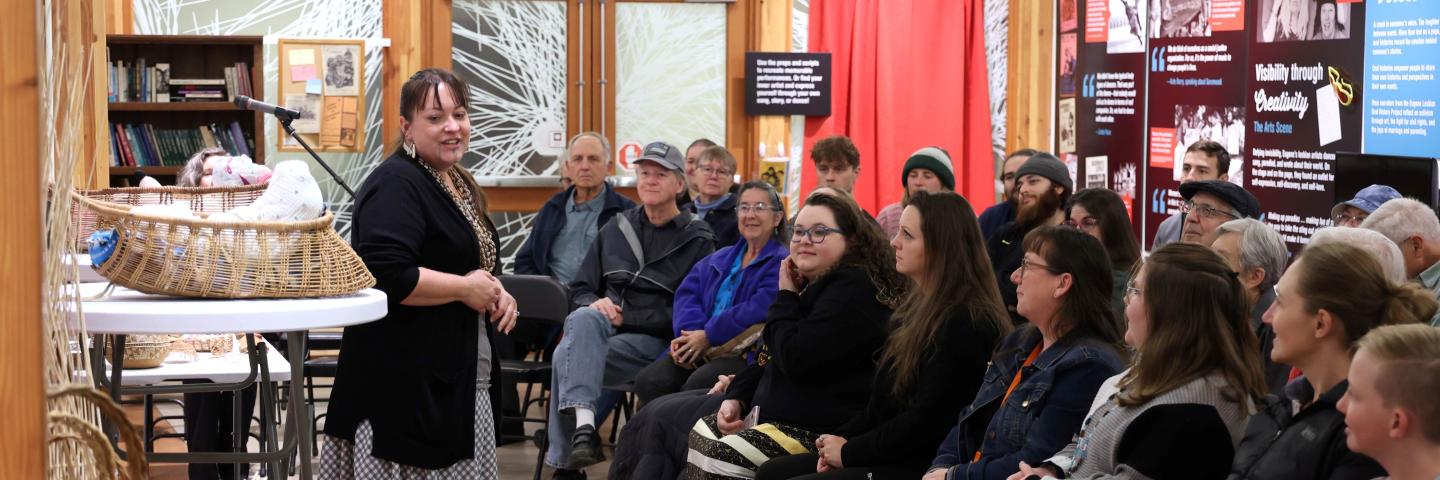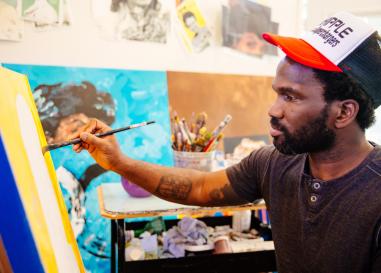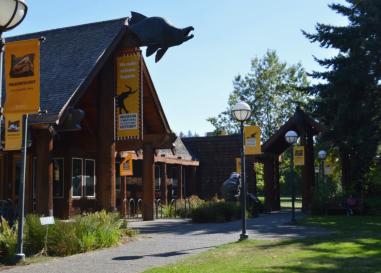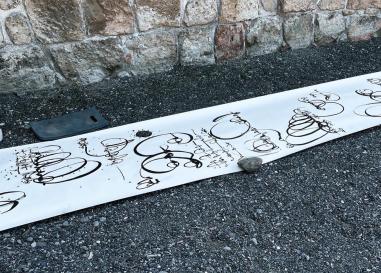Intro Text
Learn and explore with us. The museum offers a variety of seasonal and year-round programs for science and culture enthusiasts of every age.
Check out our calendar for all upcoming programs. Plan your visit today.
Content Links



